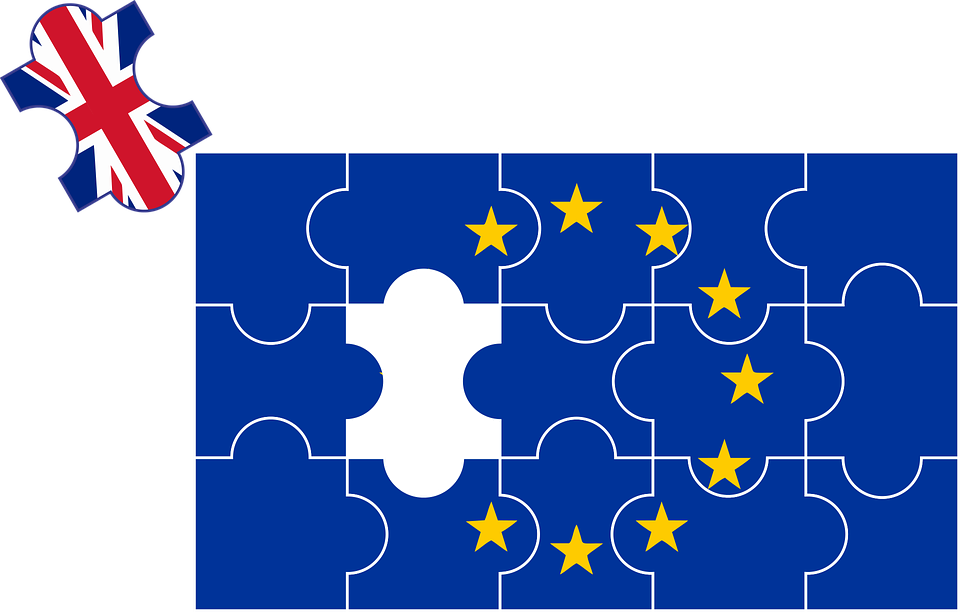Brexit Means Brexit--What does that mean for Europe's medical device industry?
有任何问题?向我们的专家获取相关信息
联系我们2016年 10月 14日
EMERGO SUMMARY OF KEY POINTS:
- The UK’s economic union with Europe will likely be replaced with various mutual recognition agreements.
- Despite Brexit, the MDR and IVDR look set to become law in Britain as well as in the EU.
- The biggest impact of Brexit for medical device companies may be on their relationships with Authorized Representatives and Notified Bodies.
 In early October 2016 British Prime Minister Theresa May spoke at a British Conservative Party conference about Brexit, making it clear (once again) that she will honor the outcome of the June 2016 referendum: “Brexit means Brexit!” What does that imply, not just for trans-Channel relations but for medical device companies in particular?
In early October 2016 British Prime Minister Theresa May spoke at a British Conservative Party conference about Brexit, making it clear (once again) that she will honor the outcome of the June 2016 referendum: “Brexit means Brexit!” What does that imply, not just for trans-Channel relations but for medical device companies in particular?
It is important to understand that the European Union works on two levels. The first is the economical level, which can best be seen in the Single Market for products, services and labor. The second level is political, which can best be seen in aspects like immigration, social rights or protection of the environment. In her speech May appears to be cherry-picking among these levels. She wants to keep the Single Market for products and services (e.g. London City banks), but she doesn’t want Britain to be part of the political union because she doesn’t want laws being made “in Brussels.”
It didn’t come as a surprise that the other Member States unanimously labeled this as “EU a la carte,” which – they said – does not exist. May was realistic enough to add, “As ever with international talks, it will be a negotiation, it will require some give and take.”
“Give and take” and Single Market concerns
It can be expected that in the negotiations, Single Market access will be used by the European negotiators for maximum advantage over the “Brexiters.” “Some give and take” may appear to be an understatement. Most likely, British industry will retain access to the Single Market, while the current political union is reduced to exercises in voluntary cooperation. So how would that look in practice?
The result of the negotiations will most likely be that the economic union between the United Kingdom and the rest of Europe will cease to exist, replaced by a set of mutual recognition agreements. This will ensure that the quality and safety of products on the British market will be equal to those in the rest of Europe and vice versa. But as the political union winds down, the European Commission will lose its control over the quality and safety of medical devices, manufacturers and their products in the UK. So it can be expected that some of those “gives and takes” will result in British manufacturers needing an Authorized Representative (AR) in Europe (and vice versa), and Notified Bodies (NB) may need to relocate from the UK.
The future of medical device regulations in the UK and Europe
The Medical Devices Regulation (MDR) and the In Vitro Diagnostics Regulation (IVDR) are expected to become European law in the first quarter of 2017. This means that they will also apply in the UK automatically, and the British government will likely require implementation. British manufacturers will be facing the same challenges as their European colleagues. And British NBs will have enough work to do. All they need to do to stay in business after the UK finally leaves is to move their head offices to the European mainland.
Non-European manufacturers using British ARs don’t have to take action now, but they may have to reconsider their NB arrangement sometime in the coming two years. If they change their ARs they will have to change their labeling, and therefore it is recommended to try to combine this step with the inevitable changes that come along with the introduction of the MDR.
About the author:
Ronald Boumans, MsC is Senior Regulatory Consultant at Emergo's office in The Hague. He previously served as Inspector of Medical Technology at the Dutch Healthcare Inspectorate (IGZ), and his areas of expertise include European medical device legislation, Competent Authority supervision, and CE Marking requirements.